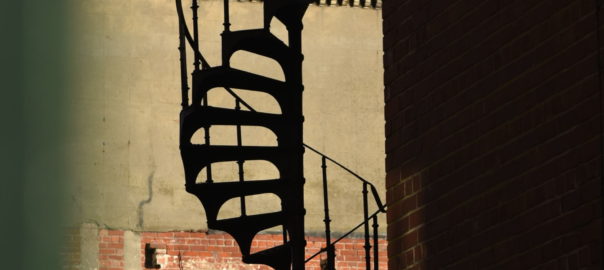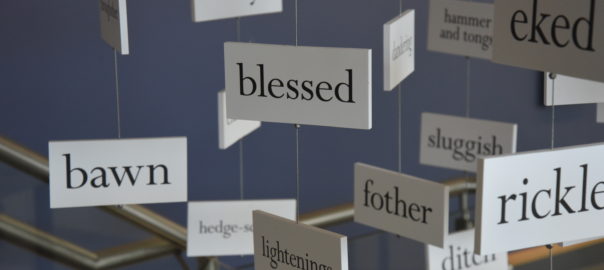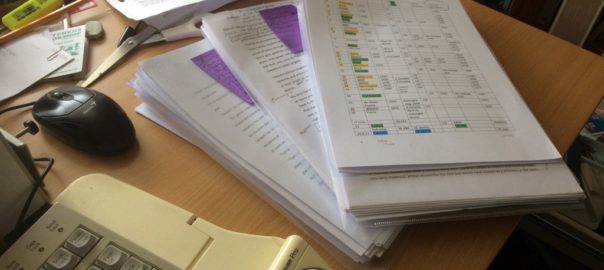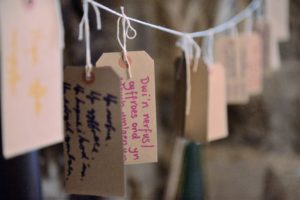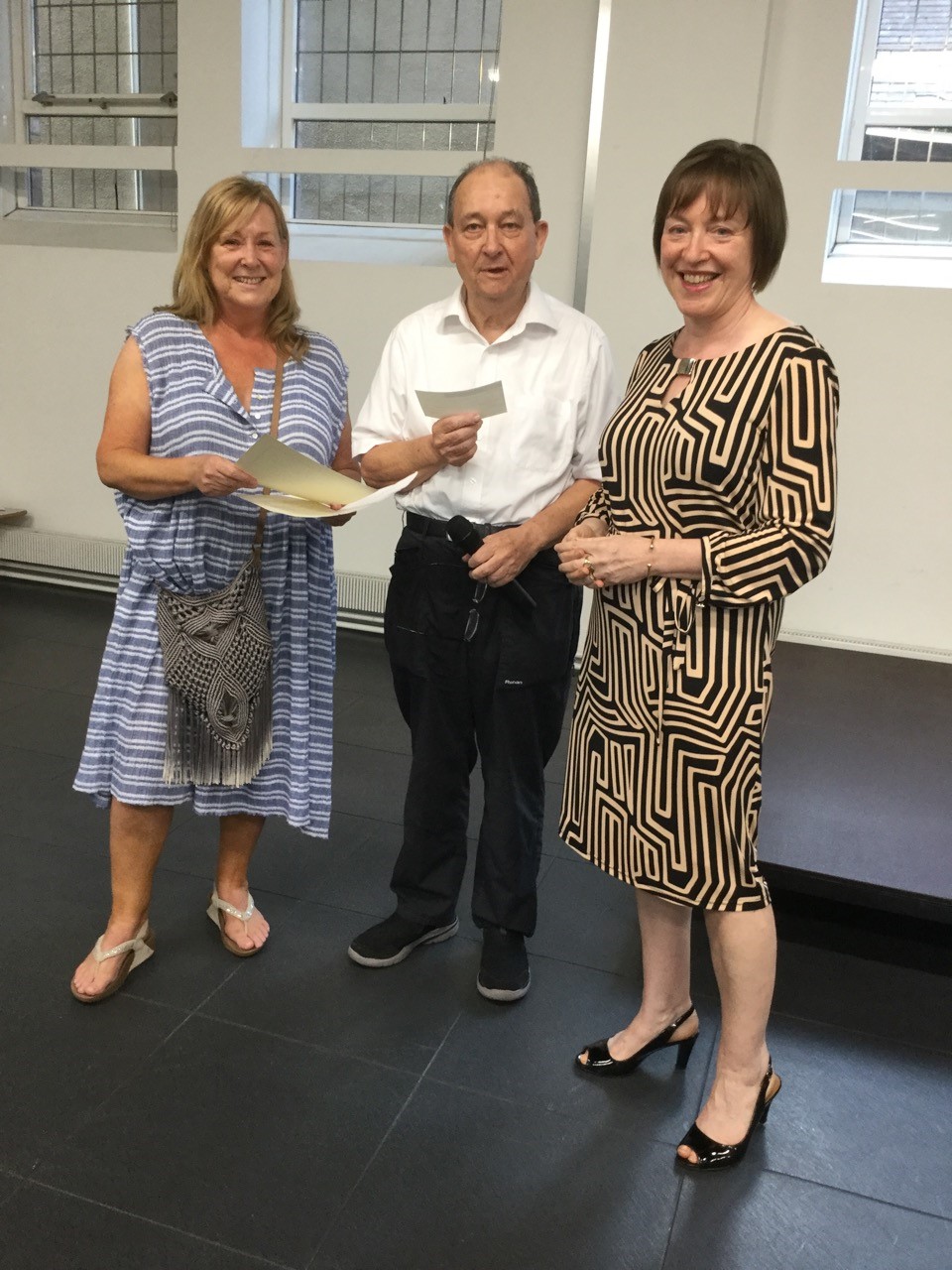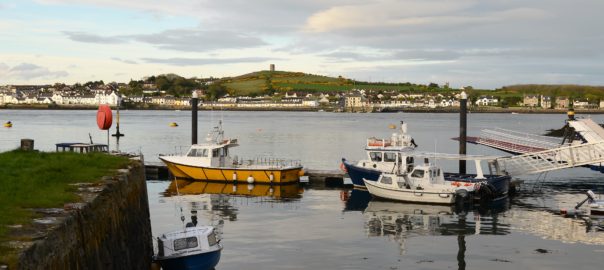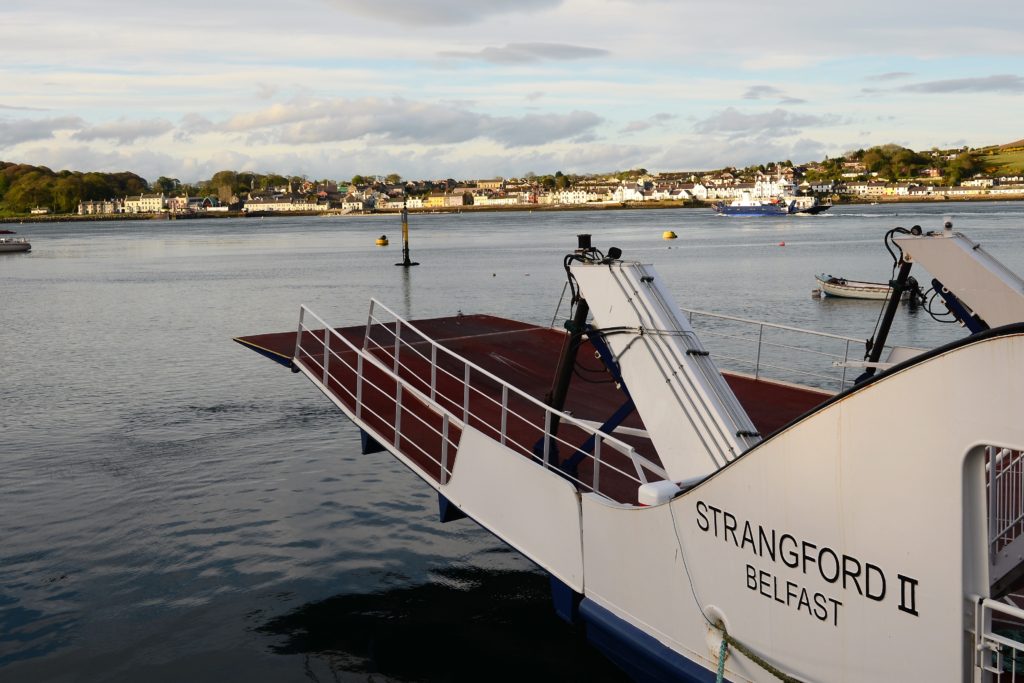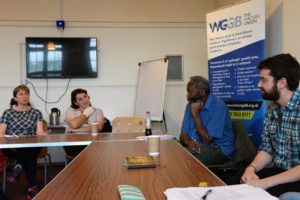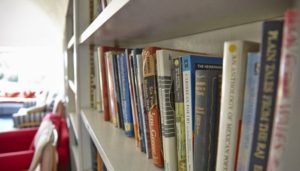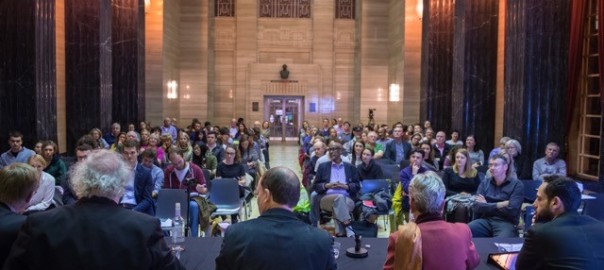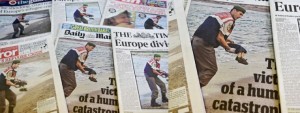Research Trip 2 for my novel, from 21st January to 2nd February in Northern Ireland, gave me access to generously shared experience and expertise from writers, sociologists, historians, academics, journalists, teachers and an educationalist, former civil servants, librarians, language activists, clergy, lawyers, a farmer, a statistician, a youth worker and many who shared from the cutting edge of their painfully gained experience.
I was struck too by the kindness with which I was treated.
I cannot do justice to the events and individuals who gave me their time. I will, however, single out, among the public events I attended, the conference organised by the Ulster University Faculty of Health and Life Sciences: Addressing the Transgenerational Transmission of Trauma and Mental Illness in Northern Ireland.
I had noticed something of a narrative about Northern Ireland along the lines of: the effect of the Troubles is exaggerated; it’s all behind us now and I wanted to get beyond personal opinion to some facts about ‘legacy’ and ‘impact’.

